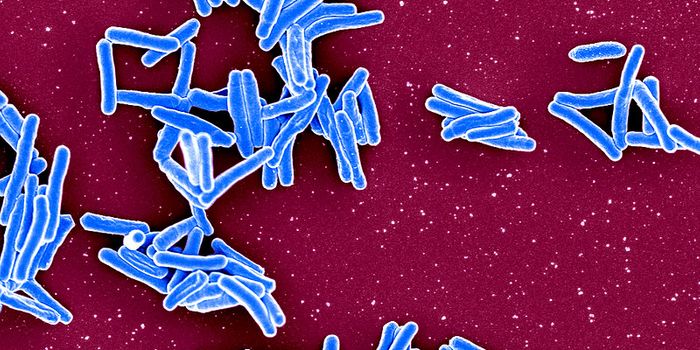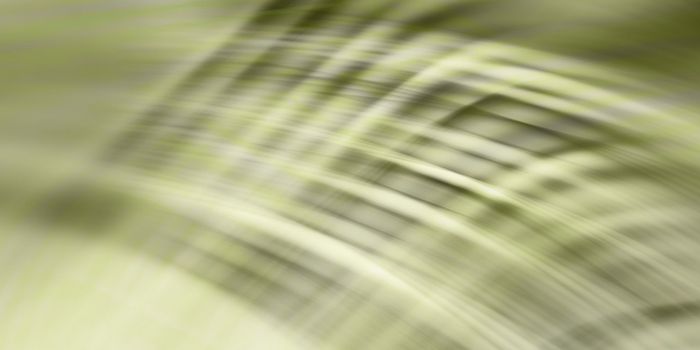Going to Bed an Hour Earlier Cuts Depression Risk Significantly
Could it be possible to reduce the risk of developing depression by 23 percent simply by waking up an hour earlier? That's what new research reported in JAMA Psychiatry has suggested. Scientists analyzed genetic, health, and sleep data from 840,000 people, and found that chronotype, or the time a person tends to go to sleep, has a significant influence on the risk of depression. It's also probably one of the first studies to find out exactly how much change has to happen to make a difference.
"We have known for some time that there is a relationship between sleep timing and mood, but a question we often hear from clinicians is: How much earlier do we need to shift people to see a benefit?" said senior study author Celine Vetter, an assistant professor of integrative physiology at the University of Colorado at Boulder. "We found that even one-hour earlier sleep timing is associated with significantly lower risk of depression."
Previous work has found that people that like to stay up late are at a much greater likelihood of depression than people who like to wake up early, regardless of how long people stay asleep. However, we also know that mood disorders are linked to sleep problems, so it's been difficult to figure out whether one problem causes the other or how else they are associated.
Now researchers have been able to use massive DNA databases including the UK Biobank and 23andMe to get a better sense of what these connections mean. A statistical tool called "Mendelian randomization" can help scientists decipher cause and effect relationships.
In this work, the researchers looked at 340 variations that are commonly found in the human genome, including small changes in PER2, the so-called clock gene, which is thought to affect a person's chronotype. The study suggested that anywhere from 12 to 42 percent of a person's sleep time preferences are due to genetic factors.
To get an even closer look at sleep times, the study also assessed data from 85,000 volunteers that wore sleep trackers for a week and 250,000 who completed sleep-preference questionnaires. It showed that the average midpoint of sleep (halfway between sleep time and wake time) was 3 a.m., while about a third of volunteers self-identified as early risers, nine percent as night owls, and the remainder were in the middle. This work revealed genetic variants that tended to predispose people to be early risers.
After identifying those variants, the researchers looked at them in another group of volunteers and found that the individuals carrying genetic variants predisposing them to like getting up early were also less likely to be depressed.
For each earlier sleep-midpoint hour, there was a 23 percent reduction in depression risk. That would suggest that if a person that tends to go to bed at one a.m. began going to bed at midnight instead, they would cut their risk of depression by 23 percent and a bedtime of eleven p.m. would reduce it by almost 40 percent. The study did not determine whether getting up earlier would also have any benefit. But it seems that most people, even those that aren't self-identified night owls, can reduce depression risk by heading to bed earlier.
The researchers can't explain this effect yet. It may be because people that go to sleep earlier also get up earlier and are exposed to more light, which has many downstream effects on hormones. It might also have something to do with the circadian rhythm. There may also be a social component. "We live in a society that is designed for morning people, and evening people often feel as if they are in a constant state of misalignment with that societal clock," noted lead study author Iyas Daghlas, M.D.
More work will be needed to confirm the connection between earlier bedtimes and reduced depression risk, Daghlas noted. "But this study definitely shifts the weight of evidence toward supporting a causal effect of sleep timing on depression."
Vetter suggested that if people are trying to go to bed earlier, it may be advisable to "Keep your days bright and your nights dark. Have your morning coffee on the porch. Walk or ride your bike to work if you can, and dim those electronics in the evening."
Sources: AAAS/Eurekalert! via University of Colorado at Boulder, JAMA Psychiatry









